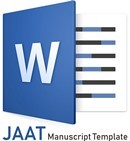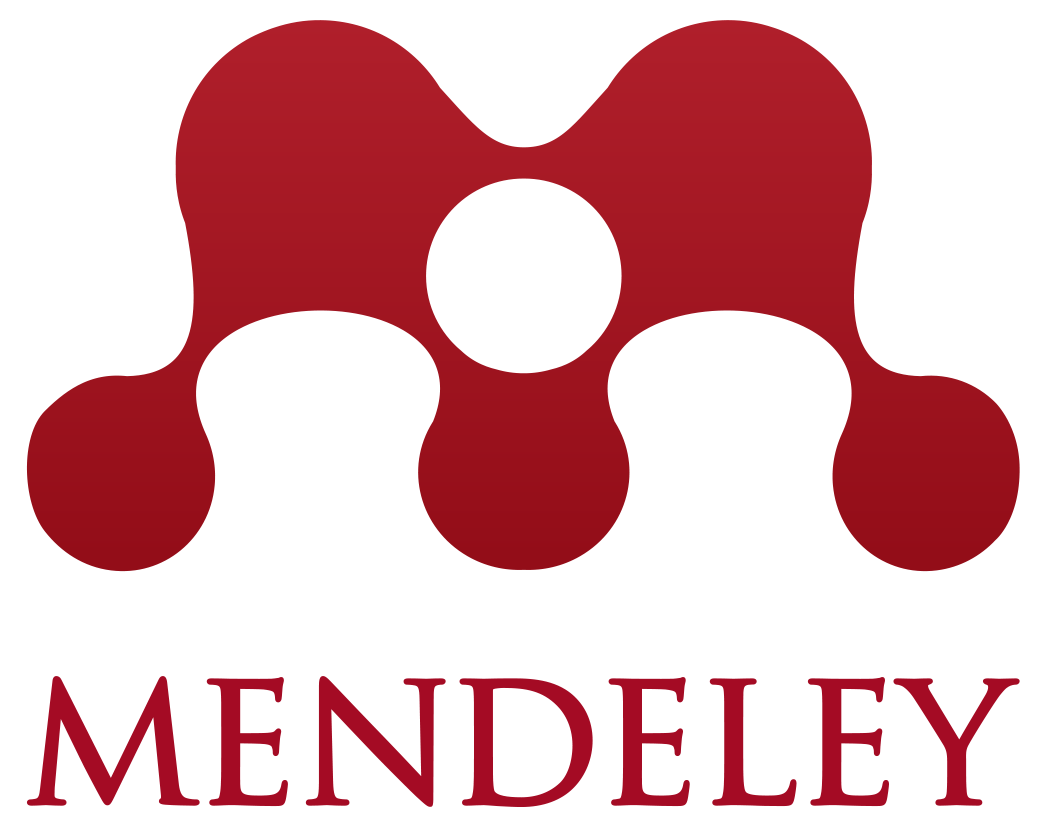Efisiensi Biaya Pada Sistem Pertanian Berbasis Zero Waste di Kabupaten Soppeng
DOI:
https://doi.org/10.30871/jaat.v4i2.1657Keywords:
Zero waste, Leisa, Integrasi Padi-Sapi, BiayaAbstract
The objective of the research was to know how to calculate Cost Efficiency in a Zero Waste Agriculture System in Soppeng District. The method of purposive sampling was used in research. The data is used in this study consists of prime and secondary data. The prime data consists of observational and interview data directly from a joint group of assisted farmers in Soppeng District, South Sulawesi, who have applied LEISA and as a comparison who have not applied LEISA. The secondary data consists of information about agricultural in LEISA, implementing zero waste in the integration of rice-cattle, sustainable farming systems. The result of this research showed that the utilization of Liquid Organic Fertilizer (POC) and Solid Organic Fertilizer (POP) in planting rice fields proved to be efficient at costs of 4-6%, increasing the number of crops by 12-15% and quality of crops, besides the use of organic fertilizers can increase soil fertility. Utilization of straw for cattle is proven to streamline costs reaching 4-6%. Biogas utilization for daily needs can reduce the cost of using LPG gas because it can produce biogas which is equivalent to 3kg / week.
Downloads
Downloads
Published
How to Cite
Issue
Section
License
Copyright (c) 2019 Rezky Ramadhani, Vincent Wisnu Sanjaya, Wahdina Sukma Rahmawati

This work is licensed under a Creative Commons Attribution-ShareAlike 4.0 International License.










